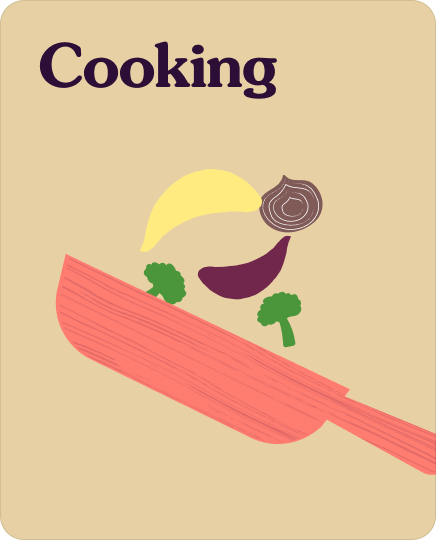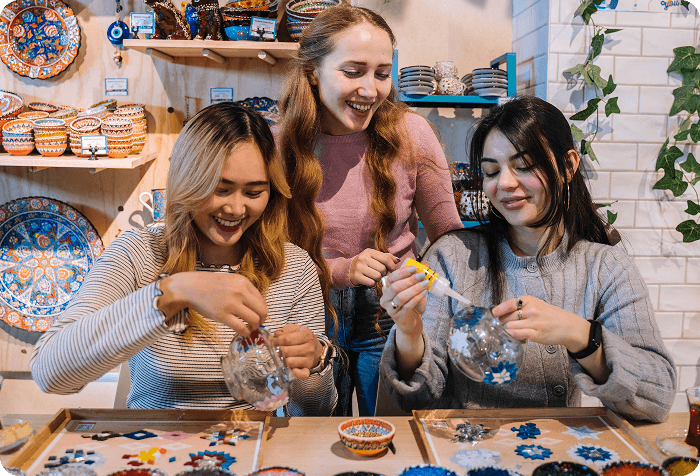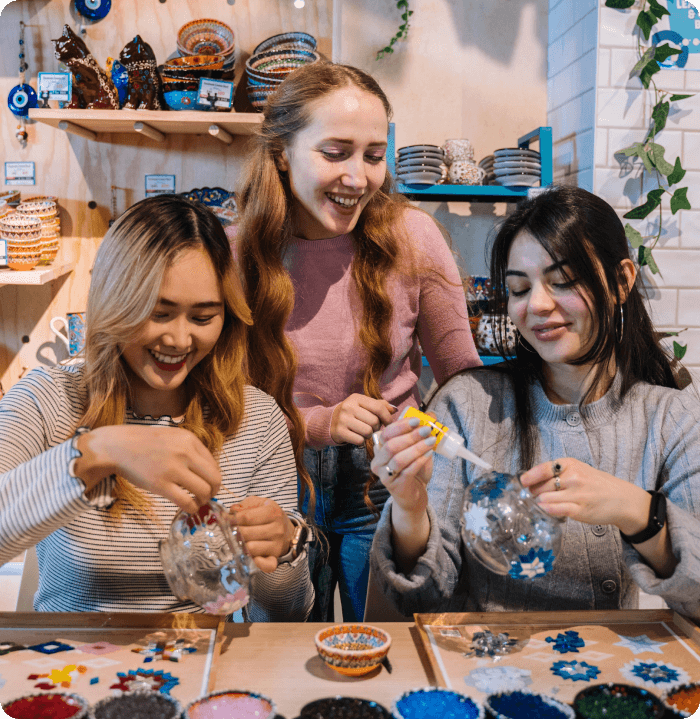In this story:
Candle making is more than just a hobby—it’s a relaxing, social and creative experience that leaves you with beautiful handmade products. That’s where candle making classes in Melbourne come in! Whether you’re looking to unwind, make personalised gifts or learn a new skill, these classes offer something for everyone. But most of all, it’s a rewarding experience for you and one of the best things to do in Melbourne! If you’re someone who loves a good scented candle then you’ll really love the chance to make your own with a customised scent that captures all your favourite smells. So let’s dive into why you should try Melbourne candle making classes in 2025!
Candle making is relaxing

Did you know candle making is a calming and meditative activity? The process of melting wax, blending fragrances and pouring candles requires a certain level of focus and patience, making it an excellent way to unwind and de-stress. In a candle making class, you’ll find yourself immersed in the soothing rhythms of the craft, allowing you to leave behind the hustle and bustle of everyday life. The sensory experience of handling wax, selecting scents and watching your creations take shape is incredibly satisfying and therapeutic. Plus the benefits continue long after the class is over. There’s nothing like giving your home a deep clean then unwinding on the couch while your favourite candle burns and fills your space with your favourite fragrance.
Share a fragrant experience with friends

For those who love a good pamper session, a candle making class is the perfect way to bond and catch up. Whether you’re looking for a luxurious Mother’s Day activity or want to treat yourself and your friends to a self-care day, making candles can be as social as it is relaxing! So gift a candle making class as an experience gift and discover the joy of making candles together. If it’s something you’d like to do solo, you can still share the experience with loved ones by gifting your fragrant creations!
There’s something so special about giving a handmade gift and candle making classes allow you to create personalised candles to gift to friends and family. Whether for a birthday, holiday or just because, a handmade candle shows thoughtfulness and care. You can tailor each candle to your giftee’s tastes, making each gift unique and meaningful. Plus, the fact that you made it yourself adds an extra layer of sentiment that store-bought gifts simply can’t compete with!
Learn new skills

At a candle making class in Melbourne, you’ll learn about different types of waxes, wicks and fragrances, as well as techniques for melting, pouring and setting candles. Under the guidance of a friendly teacher, you’ll pick up new skills that can lead to a rewarding creative hobby or even a side hustle! Learning how to make things by hand is always practical and when you combine it with the creativity of craft, the skills you pick up become both handy and fun! As you experiment with colours, scents and designs, your artistic abilities and creativity come out to play making for a refreshing experience.
Create customised handmade products

At the end of a candle making class, you get to take home your creations! These candles aren’t just any candles—they’re unique pieces of art that you’ve crafted with your own hands. Whether you keep them for yourself or give them as gifts, these candles will always remind you of the enjoyable and creative experience you had in the class. Display them proudly in your home or use them to create a cozy and inviting atmosphere.
The best part? These candles are completely customised to you! From your favourite scent to an aesthetical container that matches the interior of your home, you can design candles that perfectly match your preferences. Plus, knowing that you created something from scratch adds a personal touch that is hard to beat.
Support local artisans and sustainability
Support local artisans and small businesses with candle making classes in Melbourne! Many of these classes are taught by passionate and experienced candle makers who source their materials locally and operate eco-friendly practices. Supporting these classes helps sustain the local craft community and encourages sustainable business practices. It’s a great way to contribute to your local economy while enjoying a fun and educational activity.

Moreover, making your own candles and support small businesses is often the more sustainable choice. Traditional paraffin candles can release harmful chemicals when burned, but eco-friendly candles made from soy wax, beeswax, or palm wax are better for your health and the environment. At a candle making class in Melbourne, you can learn about using natural fragrances like essential oils and reusing or upcycling containers to reduce waste. By making your own sustainable candles, you can enjoy your creations guilt-free, knowing you’re making a positive impact on the environment.
Enjoy a beginner-friendly hobby
Candle making is a beginner-friendly hobby that anyone can pick up. The classes are designed to be accessible to people of all skill levels, so even if you’ve never made a candle before, you’ll be able to follow along. Instructors provide step-by-step guidance and demonstrations, ensuring that you understand each part of the process. The supportive and relaxed environment makes it easy to learn and enjoy the craft, making it perfect for those looking to try something new. It’s easy enough that you can pick it up quickly and continue making candles as a hobby at home!
Candle making classes in Melbourne offer a bunch of benefits that go beyond just learning a new craft. They provide a relaxing escape, a chance to socialise with loved ones and an opportunity to build practical and artistic skills. You’ll leave with beautiful, customised candles and the satisfaction of having created something with your own hands. Supporting local artisans and making eco-friendly choices are just the icing on the cake of this wonderful experience in Melbourne.






































